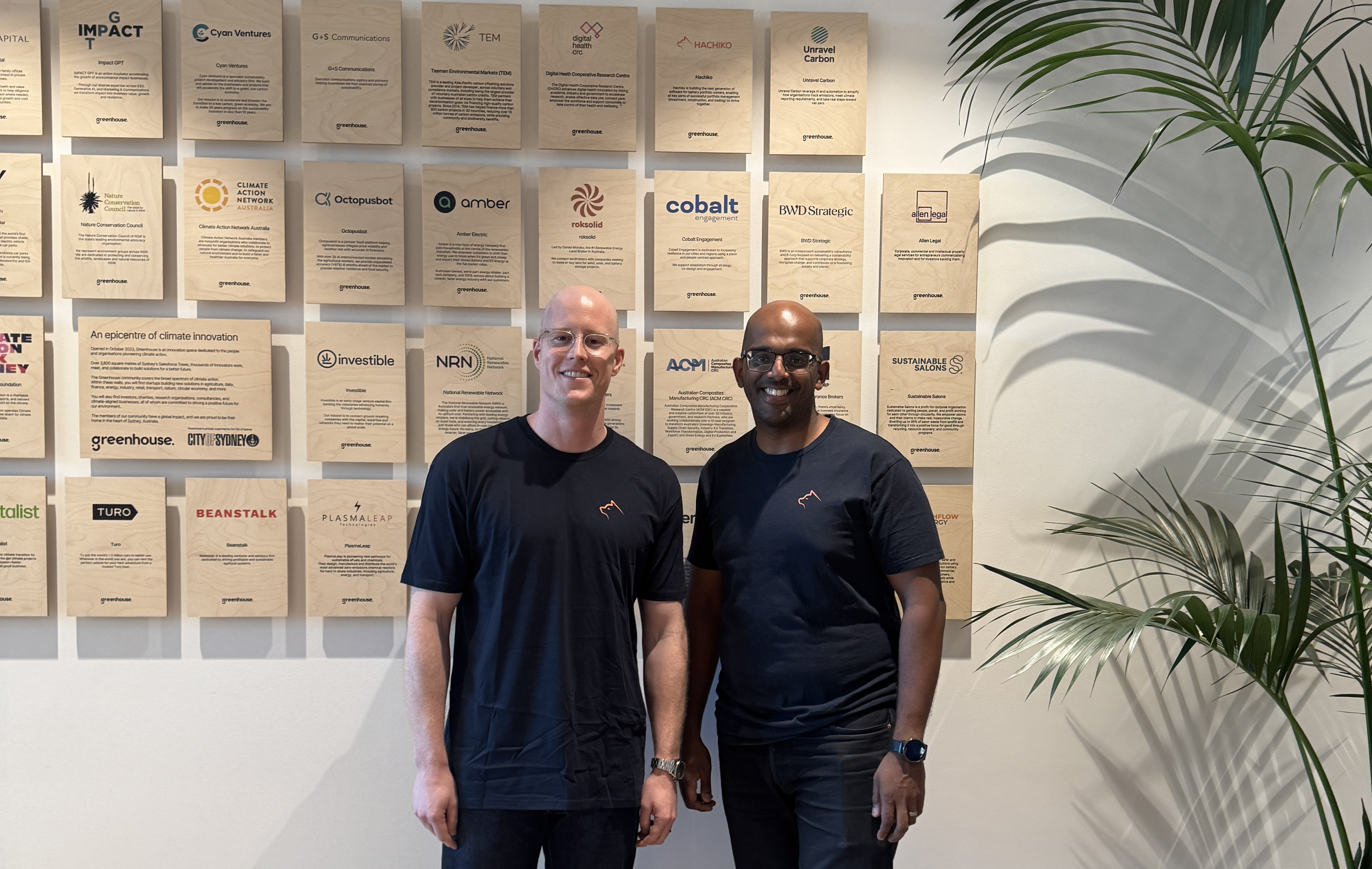
If you were in the market for a house, would you buy one without doing any research? Probably not.
You would research the suburbs, look at the access to facilities such as schools, public transport and shops. You would check prices other houses have sold at in the area. Your lawyer would ensure there are no council changes which might impact the value. You might commission a building or pest inspection. And lastly, you might check with your bank to find out if your loan will be approved and for how much.
Considering starting your own business is inherently riskier than buying a home, why do so many entrepreneurs do so without completing the necessary due diligence?
Entrepreneurs sometimes have an irrational belief in the desirability, feasibility, viability and durability of their product and business model. They cling tightly to ‘proof points’ that confirm their pre-existing belief that they will be profitable but don’t do enough investigation or validation to prove it.
Given this tendency to overestimate success, entrepreneurs need to learn how to validate assumptions to properly mitigate risks. The key take-home here is the need to validate early and validate often. The longer you leave it, the more difficult it is to enact change.
The good news is that validation can be as easy as asking your key stakeholders these three questions:
Ask customers: Do you want to buy my product?
If you only follow one of my suggestions, make it this one. When you don’t check whether customers actually want your offering before building it, you waste your time and money building redundant products or technology. One of the biggest reasons why startups fail is that they make products no one wants.
This feedback is critical to ensuring your product has the feasibility and viability needed to succeed. The common pitfalls include focusing too heavily on either operations or sales at the expense of the other and not factoring in how much it will cost to sell, or the costs associated with delivering the product upfront and ongoing. If you don’t consider all costs, you might find out that you ‘grow bust’ because the product either didn’t have enough margin or wasn’t cash flow positive enough for you to survive.
Ask investors: Do you want to back my business model?
Investor validation is crucial to ensuring the momentum of your business. Pitching your business on a regular basis to investors who may have never seen your business before gives you a unique opportunity to gain their insights and feedback. One of the best ways to get prospective investors interested in your business is not to ask for money, but to ask for help. Obtaining their feedback before you are formally raising funds helps bring them on the journey.
Ask experts: Can you see my business working?
Experts can help validate the assumptions you are making about your industry or a specific area of your business. Consult with individuals who have seen how other businesses have gone in the area you are validating and ask them to tell you if they can see yours working. You should be gathering feedback on products, unmet needs, pain points, positioning, USPs, acquisition strategy, scale strategy, financials and risks. This will save you a lot of time and stress down the road.
Taking the extra time and effort to prove, or disprove, your assumptions by following the above suggestions is critical to ensuring the best chance of success. By doing so, you’ll save yourself time, money, unnecessary stress and reputational damage. The added benefit is that your validation will help you build a portfolio of early supporters who are now invested in your journey who may later become customers, investors or advisers.






